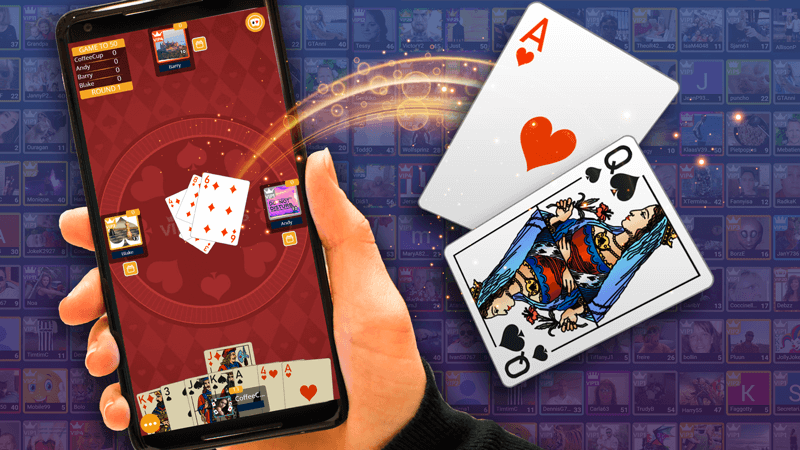Online gaming has transformed from a niche hobby into a global phenomenon, captivating millions of players around the world. The rise of the internet and advancements in technology have played pivotal roles in this evolution, allowing gamers to connect, compete, and collaborate like never before Megaxwin. This article explores the history, diversity, and societal impact of online games, while also looking ahead to the future of this dynamic industry.
A Brief History of Online Gaming
The roots of online gaming can be traced back to the late 1970s and early 1980s, with the advent of text-based games such as MUD1 (Multi-User Dungeon). These early games allowed players to explore virtual worlds and interact with one another through text commands. As the internet gained traction in the 1990s, multiplayer games began to emerge, paving the way for more immersive experiences.
The launch of Meridian 59 in 1996 and Ultima Online in 1997 marked significant milestones in the evolution of online gaming, introducing large-scale multiplayer environments and persistent worlds. However, it was the release of World of Warcraft in 2004 that truly revolutionized the industry. With millions of subscribers, it set a new standard for Massive Multiplayer Online Role-Playing Games (MMORPGs) and demonstrated the vast potential of online gaming.
Diversity of Online Games
Today, online games encompass a wide range of genres, catering to various preferences and demographics. Here are some popular categories:
- Massively Multiplayer Online Games (MMOs): These games allow thousands of players to interact within expansive virtual worlds. Examples include Final Fantasy XIV, Guild Wars 2, and EVE Online.
- First-Person Shooters (FPS): Games like Call of Duty, Counter-Strike: Global Offensive, and Apex Legends focus on fast-paced combat and teamwork, often featuring competitive gameplay and ranked matches.
- Battle Royale: This sub-genre has exploded in popularity, with games like Fortnite and PUBG pitting players against each other in a last-person-standing format.
- Casual and Mobile Games: Titles such as Candy Crush Saga and Among Us have brought gaming to a broader audience, allowing players to enjoy short, engaging experiences on their mobile devices.
- Simulation and Strategy Games: Games like The Sims, Civilization VI, and StarCraft II require strategic thinking and planning, appealing to those who enjoy more cerebral gameplay.
The Social Aspect of Online Gaming
One of the most significant impacts of online games is their ability to foster social connections. Gamers can team up with friends or meet new players from around the world, breaking geographical barriers. Many online games feature voice chat, forums, and social media integrations, enhancing communication and collaboration.
Esports has also emerged as a major aspect of online gaming culture. Competitive gaming events attract millions of viewers, with professional teams and players gaining fame and sponsorships. Major tournaments, like The International for Dota 2 and the League of Legends World Championship, showcase top talent and create a sense of community among fans and players alike.
Challenges and Controversies
Despite the numerous benefits of online gaming, it is not without its challenges. Issues such as addiction, cyberbullying, and toxic behavior within gaming communities have raised concerns. Game developers are increasingly implementing measures to promote positive behavior and support mental health, but the responsibility also lies with players to create a welcoming environment.
Moreover, the issue of loot boxes and microtransactions has sparked debates about gambling and fairness in games, particularly those aimed at younger audiences. Regulatory bodies in various countries are beginning to scrutinize these practices, leading to potential changes in how games are monetized.
The Future of Online Gaming
The future of online gaming looks promising, with several trends poised to shape the industry. Cloud gaming services, like Google Stadia and NVIDIA GeForce Now, allow players to stream games without the need for high-end hardware, making gaming more accessible. Additionally, the rise of virtual reality (VR) and augmented reality (AR) gaming is set to provide even more immersive experiences.
Blockchain technology and non-fungible tokens (NFTs) are also making waves in the gaming world, introducing new ways for players to own in-game assets and trade them securely. These innovations could redefine ownership and value within virtual environments.
